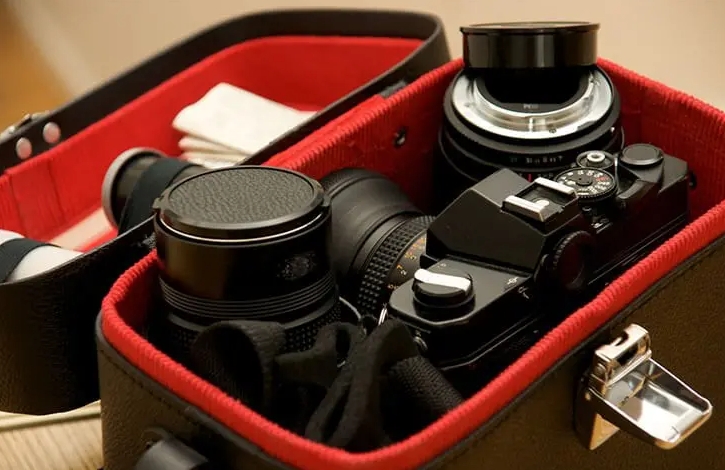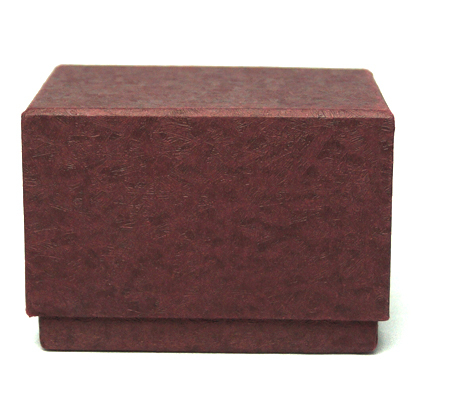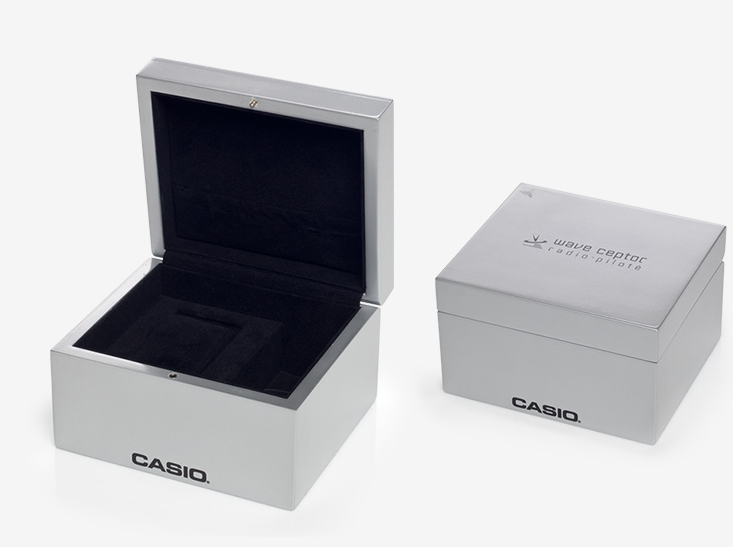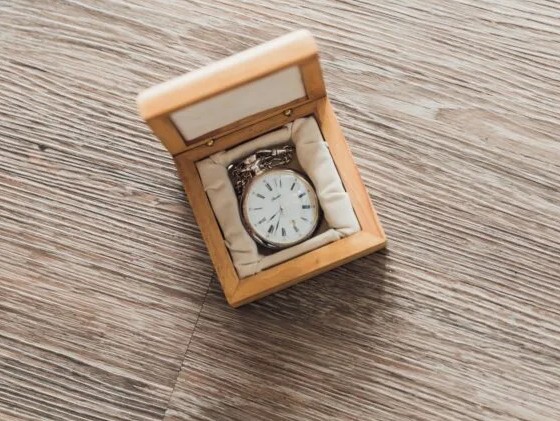Yes, glasses cases are essential for providing optimal protection, prolonging the lifespan of your eyewear, and offering peace of mind.
Table of Contents
The Role of Glasses Cases
Protection from Physical Damage
Glasses cases play a crucial role in protecting your eyewear from physical damage. When you toss your glasses into a bag, leave them on a table, or even put them in your pocket, they are at risk of scratches, bends, and even breaks. A sturdy glasses case provides a secure space where your glasses can sit, untouched by other objects that might cause harm.
For example, consider the lenses, often the most expensive part of the glasses. Even minor scratches can affect your vision quality and lead to eye strain over time. Hard-shell cases offer a solid exterior that can withstand impacts, thereby protecting not just the lenses but also the fragile frames.
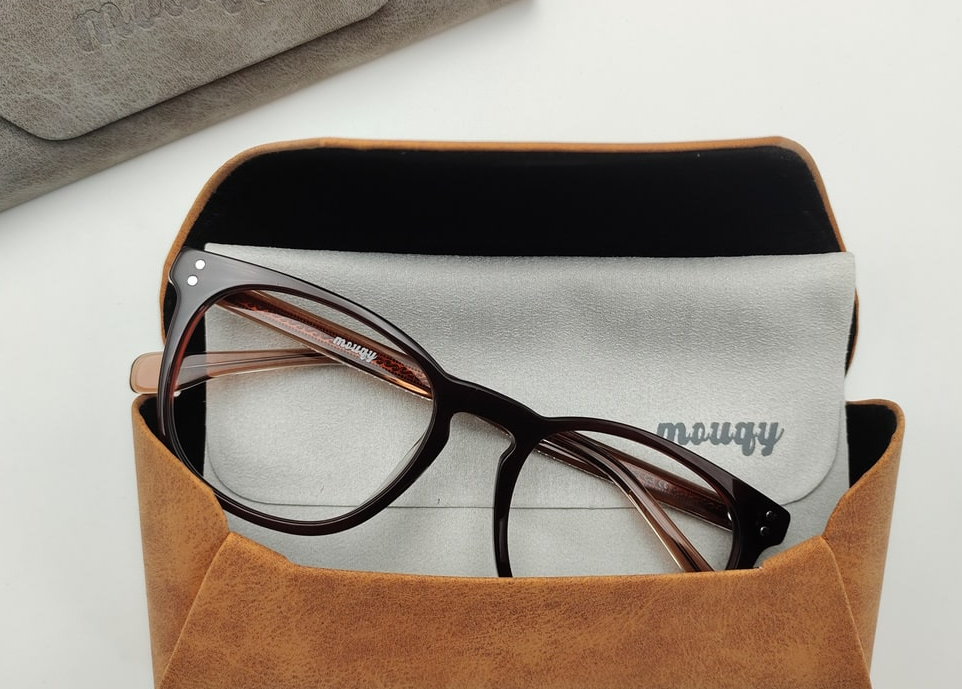
Shielding from Environmental Factors
Beyond physical damage, glasses cases also protect against environmental factors like dust, moisture, and temperature fluctuations. If you’ve ever left your glasses on a windowsill, you’ve probably noticed how dust can accumulate on the lenses. This is not just an annoyance; over time, dust can also lead to micro-scratches that impair the lens quality.
Alternative Storage Methods
Pockets and Purses
While glasses cases offer comprehensive protection, many people opt for more convenient options like pockets and purses. These methods provide quick access to your glasses but come with their own set of challenges. For instance, if you store your glasses in your pocket, there’s a risk of forgetting about them and then sitting or leaning on them, which can easily lead to bent frames or broken lenses. The inside of a pocket is also not the cleanest environment. Lint and other debris can stick to your lenses, requiring constant cleaning.
Purses can be slightly better, as they often have separate compartments where you can isolate your glasses. However, even in a purse, your glasses are susceptible to scratching from keys, pens, or even your phone. Additionally, a purse doesn’t protect against impacts or environmental factors like humidity or extreme temperatures, unlike a hard-shell case.
Specialized Eyewear Retainers
Another alternative storage method is using specialized eyewear retainers, which are designed to keep your glasses around your neck or clipped to your clothing when not in use. These devices provide easy access but offer little to no protection against physical damage or environmental factors.
Comparing the Efficacy of Glasses Cases vs. Alternatives
Level of Protection
When it comes to offering the highest level of protection for your eyewear, glasses cases undoubtedly take the lead. These cases are specifically designed to safeguard both the lenses and frames from physical and environmental damage. Materials like hard plastic, metal, or even reinforced fabric give a robust structure to the case. These cases often come with soft interiors made of materials like foam or velvet that cushion the glasses, providing an extra layer of safety.
In contrast, alternative methods such as pockets and purses offer minimal protection. Even specialized eyewear retainers are lacking in this aspect. They expose your glasses to potential harm from impacts, as well as environmental factors like dust and moisture. The relative lack of protection offered by these alternatives makes them less ideal for maintaining the longevity and quality of your glasses. If you want to dive deeper into the types of protection offered, check out this Wikipedia page on glasses cases.
Convenience
While glasses cases excel in protection, they might lag in the convenience department for some people. Cases often require you to use both hands to store or retrieve your glasses, and you also need to remember to carry the case with you. On the other hand, popping your glasses into a pocket or hanging them from a retainer is usually quicker and requires less effort.
However, the perceived inconvenience of using a glasses case is often outweighed by the peace of mind it offers. Knowing your glasses are safe can free you from worries about potential damage, especially if you are in busy or unpredictable environments.
Cost-Effectiveness
The initial investment in a good-quality glasses case might seem like an added expense, but it often pays for itself in the long run. When you consider the high cost of replacing damaged lenses or frames, the case becomes a financially prudent choice. A single incident of damage can cost much more than the price of a reliable case.
The Environmental Impact of Glasses Cases
Material Footprint
One aspect often overlooked in the discussion about glasses cases is their environmental impact, particularly concerning their material footprint. Most hard-shell cases are made from plastics or metals, which require energy-intensive processes for extraction and manufacturing. These materials, especially plastics, also contribute to the ongoing issue of pollution and landfill waste.
However, the market is increasingly offering eco-friendly alternatives made from biodegradable or recycled materials. Some of these include cases made from natural fibers like hemp, bamboo, or even recycled ocean plastics. By opting for these types of cases, you can mitigate the environmental impact of your choice. For more insights into sustainable materials, you might find this Wikipedia article on bioplastics helpful.
Reusability and Recyclability
Reusability and recyclability are two other factors that contribute to the environmental footprint of glasses cases. Traditional cases made from materials like plastic or metal can last for years if properly cared for, enhancing their reusability. A well-maintained case can serve multiple pairs of glasses over its lifespan, which in turn reduces the need for manufacturing new cases and lessens waste.
Special Circumstances
High-end Glasses
If you own a pair of high-end glasses, be they designer frames or ones made from premium materials like titanium, the necessity for a sturdy, high-quality case increases. These glasses often come with a hefty price tag, making the cost of potential damage or replacement significantly higher. Therefore, investing in a high-end case that offers superior protection becomes even more crucial. These premium cases often feature better cushioning, tougher exterior materials, and sometimes even locking mechanisms for added security. For those interested in the history and types of luxury eyewear, this Wikipedia page on designer label might be insightful.
Glasses with Special Lenses
People who wear glasses with special lenses, such as progressive lenses, photochromic lenses, or lenses with specialized coatings, also need to consider the kind of case they use. These lenses are not just expensive but often more sensitive to scratches and environmental factors. A hard case with a plush interior is generally recommended for such glasses. It’s also advisable to avoid storing these special lenses in environments that experience extreme temperature fluctuations, as it could affect the specialized coatings. Here’s a Wikipedia page on corrective lenses that delves into different kinds of specialized lenses.
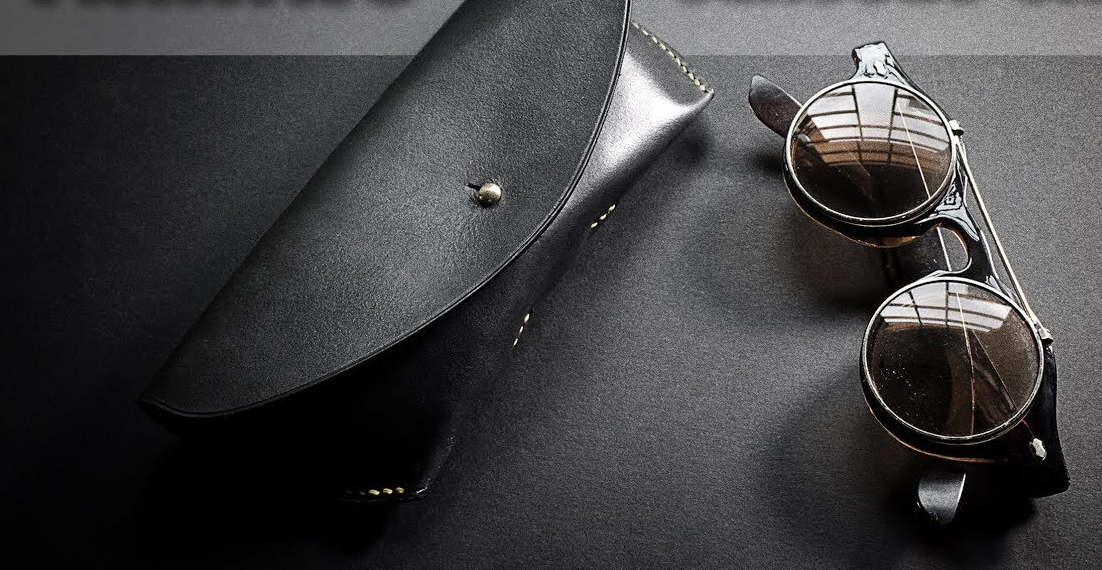
Children and Glasses Cases
When it comes to children, the need for a robust glasses case becomes essential for different reasons. Kids are generally more active and less attentive to the fragility of eyewear. A sturdy case can act as a protective barrier when the glasses are not in use. Furthermore, children’s glasses cases often come in fun designs or with attachments for key chains, making it easier for kids to remember to use them. For parents interested in encouraging responsibility in their kids, a case can serve as a simple yet effective tool for teaching care for personal items. Parents might find this Wikipedia article on child development helpful for understanding the importance of teaching such skills.

